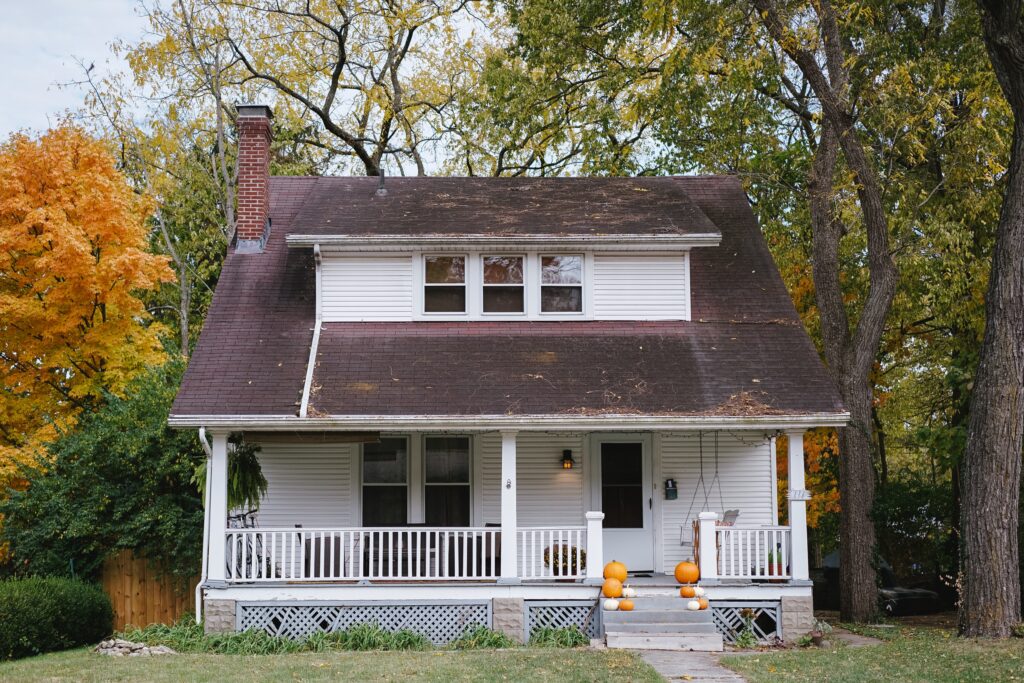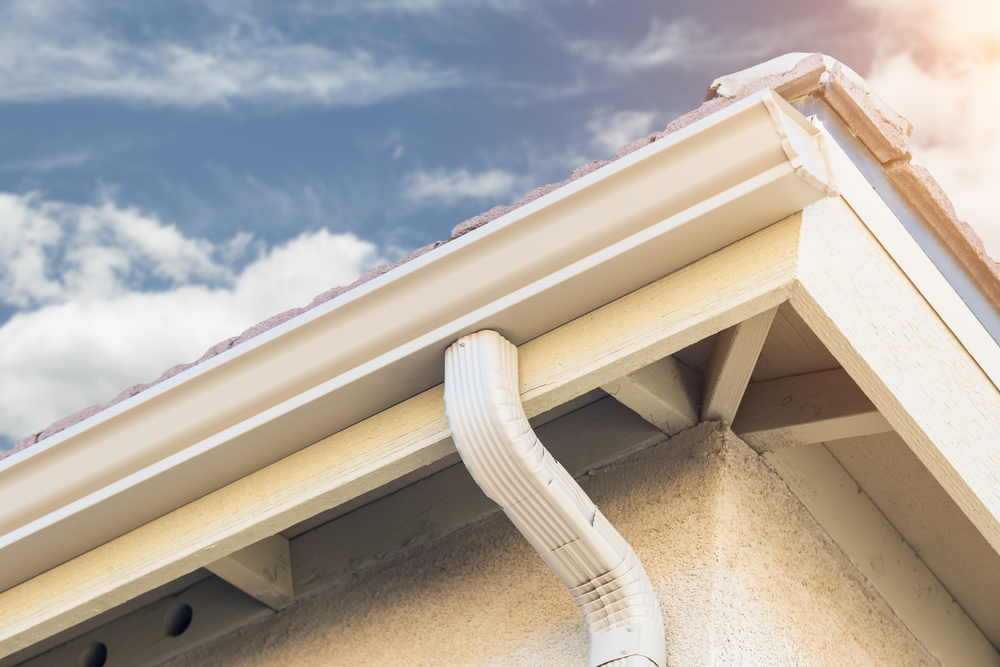When you’re buying a new home, one of the things that you’ll need to do is have the roof inspected. Roof inspections are important because they can help identify any potential problems with the roof that may need to be fixed before you move in. In this article, we’ll talk about what roof inspections are, when you should have them done, what roof inspectors look for, and why they’re important for prospective homeowners and seasoned homeowners alike.
Roof Inspections and New Homeowner FAQ

What Are Roof Inspections?
Your roof plays a very important role in your home. It is your house’s primary defense against the elements and can take a beating with rough weather that rolls in. This is why so many homeowners opt to have their roofs regularly inspected, to make sure everything is in good shape. But what is a roof inspection, exactly? Simply put, roof inspections are the process by which a professional roof inspector comes to analyze your property for any obvious (or not-so-obvious) signs of damage. This can help give homeowners a heads up on any repairs that might be impending, help them keep their insurance coverage, and even add value to the house.
Who Does Roof Inspections?
Roof inspections are carried out by roof experts—that is to say, general contractors, home inspectors, or licensed roofers. These individuals will know how to assess the structural integrity of your roof and know where to look for potential weak spots or areas of decay.
What Do Professional Roof Inspectors Look For?
You don’t want to wait until you’ve sprung a leak to call a professional roof inspector—in fact, they are able to diagnose a wide variety of problems with an assortment of sources. A good roof inspector will look at the following four components of your roof: materials, workmanship, structure, and interiors.
In a material inspection, roofing experts will look for problems with the physical roofing materials, such as an abundance of natural growth like moss, rust, damaged shingles, or missing fasteners or flashing. This also entails checking the roof valleys and the ground beneath gutter spouts for any worn-off roofing material that could indicate heavy wear; a material inspection will often include looking for gaps in the seals around vent pipes as well.
Workmanship inspections, on the other hand, are just what they sound like: examining the handiwork of the roofer who previously installed the roof. An inspector will look for potential problems with the construction or design that could lead to leaks, further damage, or structural failure—ranging from incorrectly installed skylights to problematic flashing surrounding areas of roof penetrations.
During a structural inspection, a roof inspector will assess the roof for signs of sagging or decay and the chimney for damage. They will also inspect any attic vents, gutters, soffit, and fascia to ensure proper handling of moisture. A buildup of moisture can cause premature wear on your roof—but roof inspectors will know where to look for potential problems!
In an interior inspection, roof inspectors will investigate potential roof leaks, looking for water stains and damage on walls, ceilings, and the attic. This includes harmful molds, mildew, and other signs of decay.

When Should You Have Your Roof Inspected?
While regular roof inspections are recommended as an important aspect of maintaining your home, roof inspections become all the more important after certain weather events, such as windstorms, heavy snowfall, or hail. This not only puts you in a position of catching potential damage early, but can also have benefits reflected in your homeowner’s insurance as well. For example, by prioritizing safety through regular roof inspections in repairs, you will add value to your home and often see discounted rates for making your home safer (and therefore easier to ensure).
It’s important also to have your roof inspected before you put your home on the market. That way, you will be able to answer any prospective homeowners’ questions about repair history, roof age, or existing problems. This is especially important in states like Florida which sees a lot of heavy wind, rain, and humidity due to subtropical storms. This means potential moisture buildup, which means potential damage—something to consider if you live in an especially wet climate like the Pacific Northwest.
How Regularly Should You Have Your Roof Inspected?
Responsible homeowners should have their roofs inspected annually—and the best time of year to do this is before winter. This is because any repairs that may need to happen as a result of the inspection can be dramatically slowed down by freezing temperatures, as shingles won’t properly seal in the cold and it becomes increasingly dangerous to work on the roof. The best time to repair your roof is in spring.
Why Are Roof Inspections Important for Prospective Homeowners?
Whether you’re putting your home on the market or are looking seriously at buying one, the topic of roof inspections is bound to come up at some point. The health of your home’s roof has a huge part to play in its value as well as its likelihood to have affordable insurance rates—and can tip homeowners off to potentially structurally damaging leaks, mold, or other problems. The last thing you want to do when buying a new home is to discover that the roof is in a state of terrible disrepair…so prospective homeowners should always ask when the last roof inspection was on the property of interest, as well as when it was last replaced.
Why You Should Talk With Your Realtor About Roof Inspections
Wherever you live, your realtor will likely know the average lifespan for a roof in your state. Talk with your realtor about working roof inspections into part of the conditions during closing, with any potential repairs tacked on to the deal. If you discover a house for sale has a bad roof, you may be able to leverage that in the final sale.
Quality Roof Inspections in Oregon
It’s never too late to begin roof inspections on your property! There’s no sense in putting it off any longer, particularly if you live in an area that repeatedly experiences significant weather events. Whether you’re hoping to buy a new home or simply care for the one you already have, regular roof inspections can help you add value to your house, lower the cost of your insurance, and keep your family safe and dry for years to come.
Looking for the best roof inspections in Oregon? Contact the experts at Analytical Home Inspection today for a quote!
